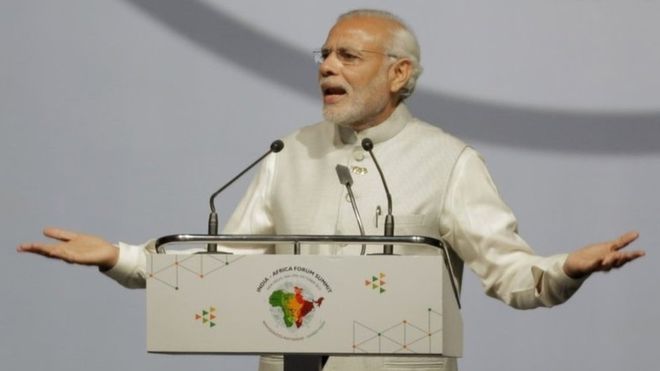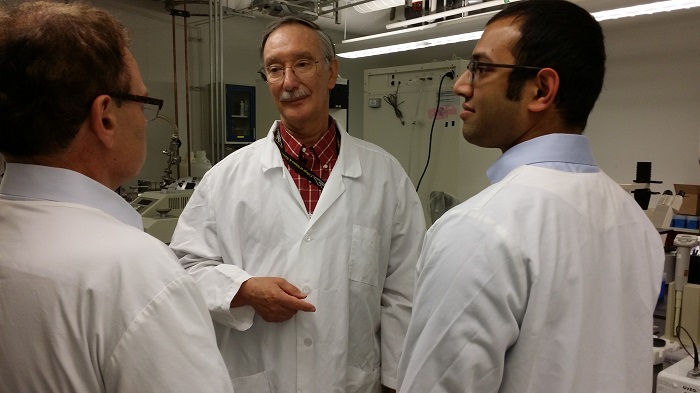By Christina Okello
Following a weekend of elections on the African Continent, analysts are drawing parallels between Congo-Brazzaville and Tanzania even before results are announced. One leader is accused of tampering with the constitution to extend his grip on power, whilst the other has been credited with respecting presidential term limits.
In one corner, you see a political beast, greying at the temples, but still fighting in the ring; whilst in the other, is a younger, sprightly politician walking away.
The contrast drawn between Congo Brazzaville’s President Denis Sassou Nguesso and outgoing Tanzanian leader Jakaya Kikwete is striking. The latter has been in power for over thirty years and is still vying for a third-term. Kikwete on the other hand, after only ten years in office, is throwing in the towel.
He’s served his constitutional two-term limit, and says it’s enough. But why is it not the case for many of the continent’s other leaders who are seeking to overstay their welcome?
Congo Brazzaville is the latest newcomer in a growing list of countries where fiddling with the constitution for personal gain is becoming the norm: Rwanda is heading down that route, Burkina Faso’s deposed Blaise Compaoré tried to, and Congo-Kinshasa’s Joseph Kabila is keeping a firm eye on what’s happening next door for any tips.
Each one has been buoyed by Burundi’s example, where after a bitter constitutional row Pierre Nkurinziza won a third term in office, much to the dismay of his critics, none of whom were dismayed enough to stop him.
Changing the constitution to scrap presidential term limits didn’t begin today. It’s been a continued predilection among African leaders since independence. Most of the former colonies were not organized as democracies and are still figuring out what it means. Yet undoing the foundations of what constitutes good governance may be the wrong way of going about it.
Ironically, it was Sassou Nguesso who himself introduced term limits in the 2002 Constitution, only to jettison his ideals ten years later.
Unscrewing caps on term limits here and age limits there, is not anti-democratic per se. But it’s when there are no more screws left to unhinge and you open the gateway to indefinite reelection as in some Latin American countries, that’s when alarm bells start ringing, Transparency International warns.
Shock of democracy versus a constitutional coup
Voters in Congo-Brazzaville seemingly heard them loud and clear, as many shunned polling stations on Sunday. Turnout was only 10 per cent, it was revealed on Monday. Proof for the Opposition that voters had heeded their calls to boycott what they described a “constitutional coup d’etat”.
On the government’s side, the referundum is “above all an instrument of participative democracy.”
But Bovid Atouta, an English teacher in the President’s stronghold city of Talangai told RFI he wasn’t convinced.
African leaders have long dangled the illusion of stability to induce their populations into complicit silence, and Brazzaville is no exception.
Yet, the real power grab comes not from the former French colony, but its colonizer France, suggests Dr. Yves Ekoué Amaizo, head of the panafrican think tank Afrocentricity.
Whiff of neo-colonialism
“People need and must stay in power in order to protect this relationship with the former colonial power. Big companies like Total have vested interests and are making big money,” he added.
Total this summer signed a 20-year deal to extend its drilling operations at three major offshore sites in the Congo.
Meanwhile, French President François Hollande rattled feathers last week when he suggested that Sassou Nguesso had the right to consult his people. A move hardly likely to reassure opponents of the referendum, who see it as a ploy to extend the long-serving leader’s 31-year rule.
Asked why the former Marxist leader is hell-bent on clinging to power in comparison to Tanzania’s Kikwete, Amaizo told RFI: “Number one it’s a francophone country. Second, you have a lot of major ethnic problems in the Congo, which means that the power which should be at the sub-regional level never took place, and they even had a war because of that.”
Indeed, Sassou Nguesso was re-elected in 1997 at the end of a bloody civil war. But strong leadership no matter how stable does not tackle the root causes of poverty. Many Congolese still live on less than $1 per day.
The situation in Tanzania is slightly different. First, it never experienced ethnic conflict, Amaizo says.
“It’s true that Kikwete is supposed to leave, and he will leave,” he told RFI.
“From the outside it looks very nice but when you look closer, you’ll see that the person who is running as the opposition guy is Kikwete’s former prime minister and that same opposition guy was part of the ruling party, before joining the opposition.”
Amaizo suggests that Tanzania’s political change is tainted by association.
“You never get what we call political change. If you want democracy to function you have to have political change in Tanzania and that doesn’t exist. The only difference with Congo is that it’s peaceful,” he concluded.



